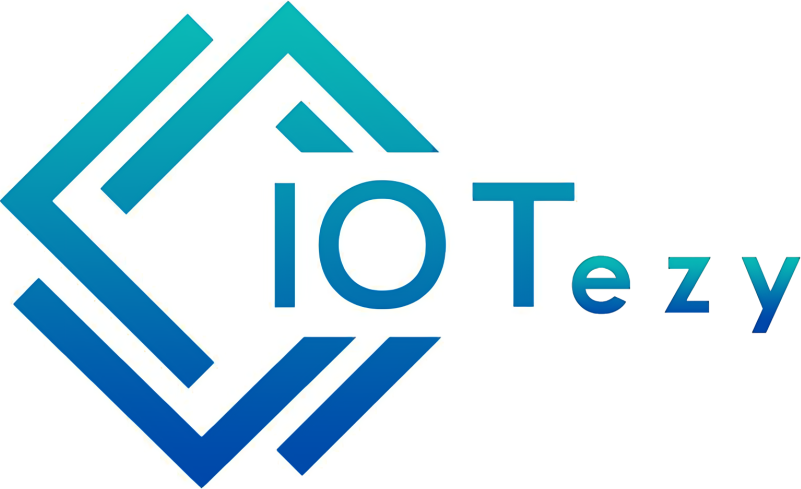How Temperature Data Loggers Support Regulatory Compliance in the Cold Chain
In the cold chain, maintaining proper temperature is not just about quality, it is about safety, trust, and legal compliance. Whether you’re transporting vaccines, fresh produce, or specialty chemicals, a temperature data logger plays a crucial role in proving that conditions remained within required limits at every step.
In this article, we will explore how temperature data loggers support regulatory compliance, reduce risk, and help cold chain operators meet strict industry standards.
What Is a Temperature Data Logger?
A temperature data logger is a small electronic device used to record temperature readings over time. It can be placed inside packaging, shipping containers, or cold storage units to monitor temperature conditions throughout storage or transport.
Modern data loggers often include:
- Built-in sensors for temperature and humidity
- USB or wireless connectivity
- Real-time alerts and cloud syncing
- Tamper-proof data storage
Why Regulatory Compliance Matters in the Cold Chain
Cold chain industries including pharmaceuticals, food, and biotech are governed by strict regulations that require continuous monitoring and record-keeping.
Key standards include:
- FDA 21 CFR Part 11 – electronic records and signatures (pharma)
- Good Distribution Practices (GDP) – transport and storage controls
- HACCP & FSMA – food safety compliance
- WHO Guidelines – vaccine and biological storage
Failure to comply can result in:
- Product recalls
- Fines and sanctions
- Loss of certifications or licenses
- Damage to reputation and consumer trust

How Temperature Data Loggers Ensure Compliance
1. Continuous Monitoring and Record-Keeping
Regulators often require proof that goods remained within a defined temperature range. Temperature data loggers automatically log data throughout the journey, providing time-stamped records that are verifiable and tamper-resistant.
2. Audit-Ready Reports
Temperature data loggers generate detailed reports that can be shared with auditors or quality control teams. These reports are often compatible with regulatory submission formats and meet standards for traceability and integrity.
3. Real-Time Alerts for Immediate Action
Some advanced data loggers offer real-time alerts via cloud dashboards. If a temperature breach occurs, the responsible team is notified instantly allowing immediate corrective action to protect the product and maintain compliance.
4. Secure, Validated Data
Regulations like FDA 21 CFR Part 11 require data to be secure, accurate, and unalterable. Quality temperature data logger systems often feature encrypted data storage, validation tools, and digital signatures to meet these requirements.
5. Traceability from End to End
Using data loggers throughout the supply chain at warehouses, in transit, and during delivery ensures full traceability. Regulators expect visibility at every handoff point, and a data logger provides a clear trail of temperature conditions across the journey.

Looking for a Reliable Temperature Data Logger?
All in one solution at IOT-ezy

